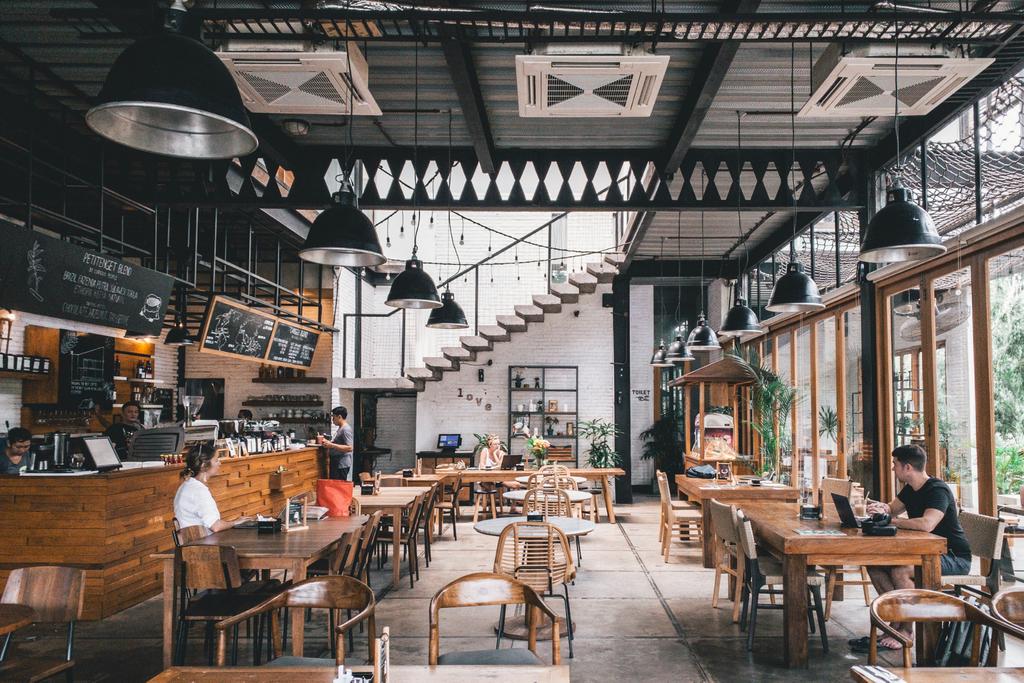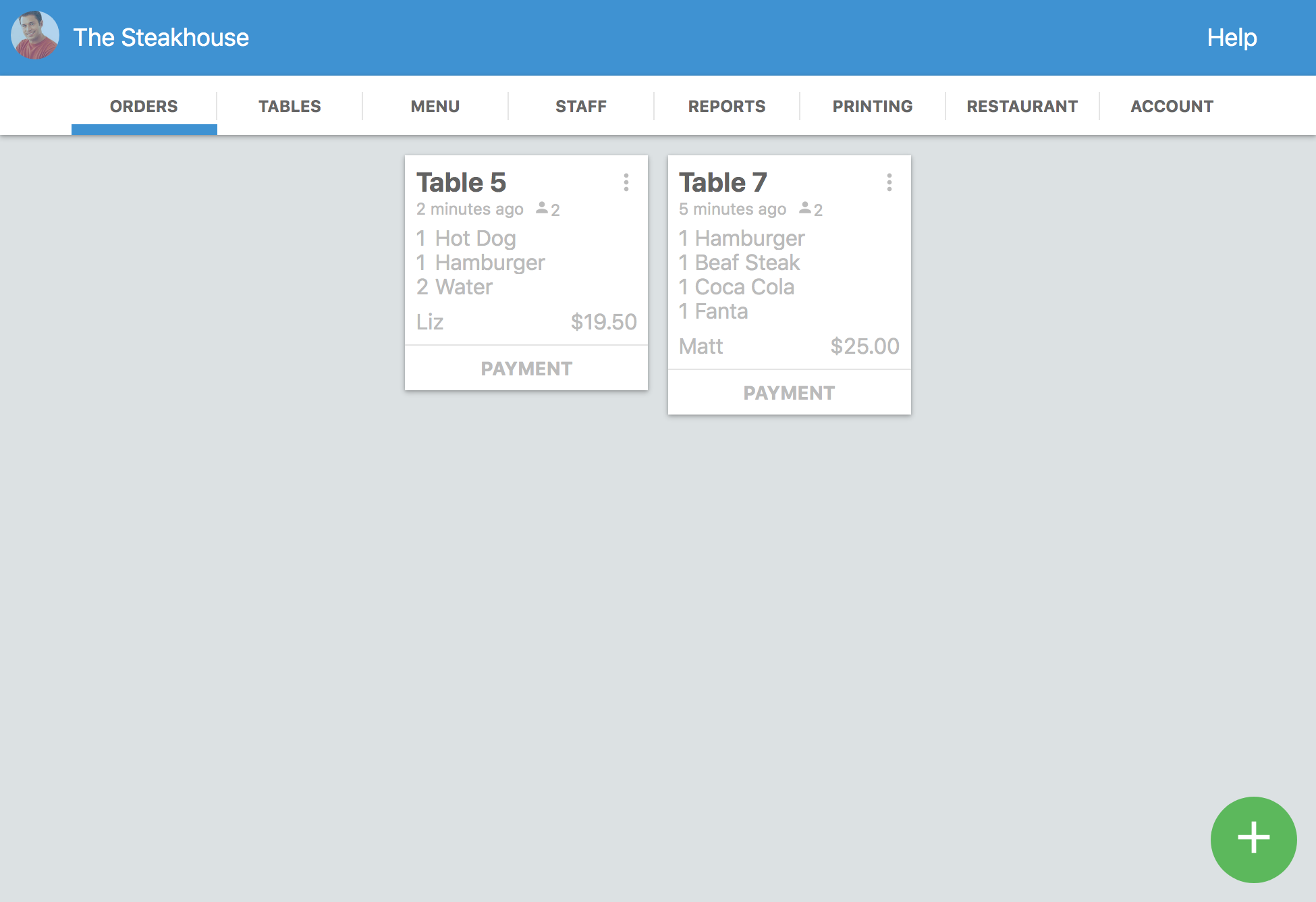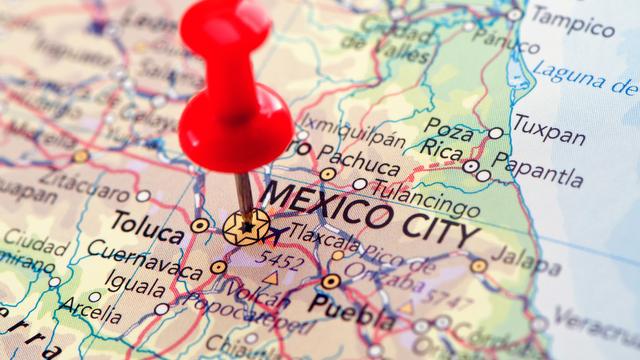Do you know what the different types of restaurants are?
You’re not sure what kind of restaurant you should open?
Restaurants are businesses where all kinds of food are served and an experience is created for diners — they’re among the most common types of businesses.
However, there are more types of restaurants than you might think. In this article I will talk about:
- The different types of restaurants that exist
- About the advantages and disadvantages of each type
- And about how to choose the best type of restaurant to open
This article will solve any doubts you have regarding the different types of restaurants, It will improve your understanding of this business model, and help you decide what kind of restaurant you want to open.
Let's start!
What Are the Most Common Types of Restaurants?
There are many types of restaurants, but the most well-known or common ones are fast food and haute cuisine — concepts that are more often than not opposite.
Also, as you will learn in this article, there are many more types of food businesses that have different offers, business models, marketing strategies, organizational charts, and more.
I can’t mention here all types of food businesses that exist — there are types of not-so-famous restaurants outside their place of origin, so there might be too many to count.
But I’ll give you a list of the most important ones you can find around the world.
Haute Cuisine or Gourmet Restaurants
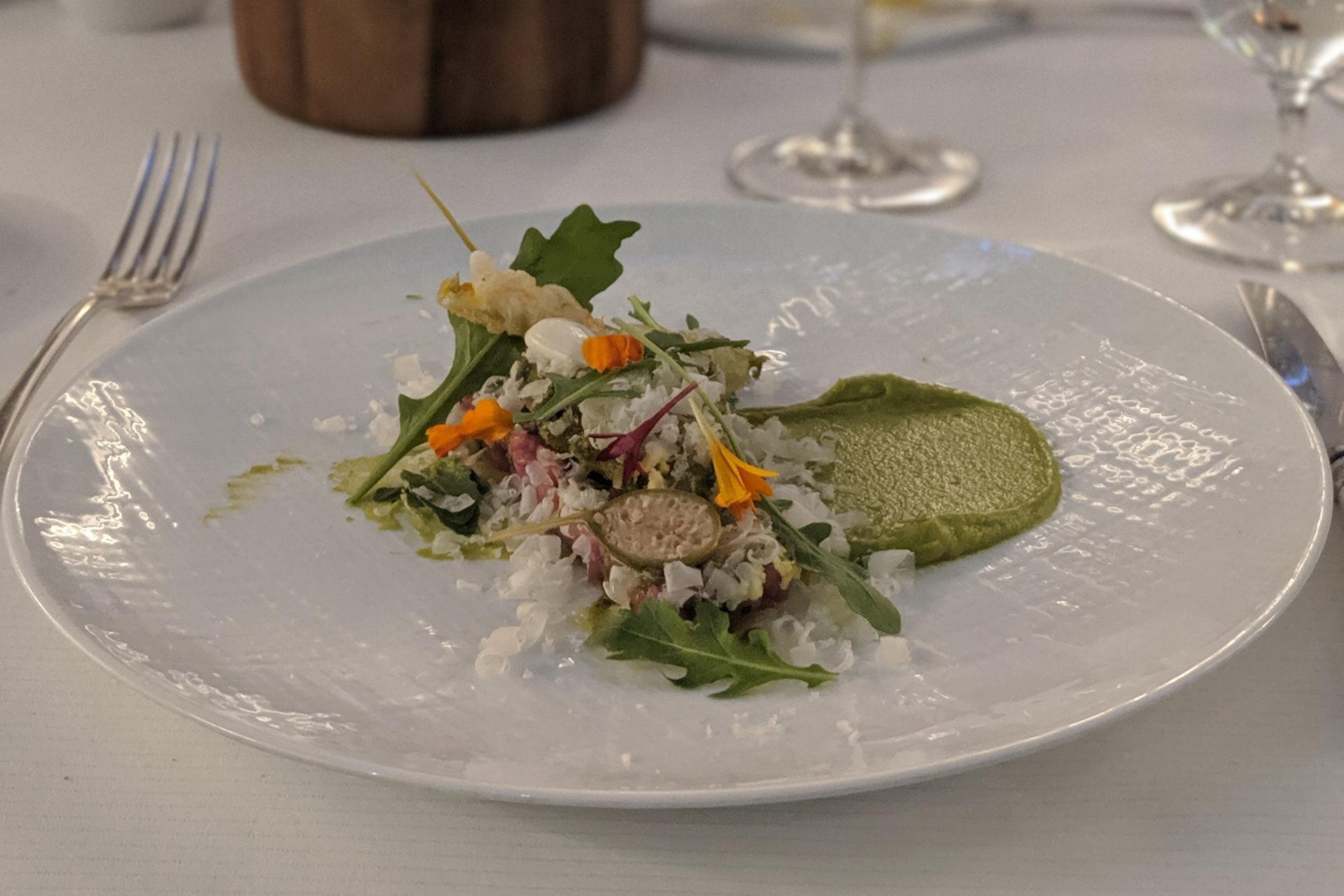
Haute cuisine or gourmet restaurants are those that serve the most refined dishes, have a relaxed atmosphere, and have high prices for each dish.
In them, you will find a very specialized service and an elite clientele that can allow themselves to have this experience.
In some cases, haute cuisine restaurants are not expensive but have the best exponents of gastronomy in the kitchen, which makes eating in the restaurant a unique experience.
Benefits and Disadvantages of an Haute Cuisine Restaurant
A gourmet restaurant has specific advantages. For example, the main advantage is that they may have higher prices than those of a common restaurant.
Also, they attract more diners that spend more in general, so these restaurants have great profit margins.
However, among the disadvantages of having an haute cuisine restaurant is that they are costly to maintain. They may be expensive to maintain because they have plates with expensive ingredients or they have extensive premium wine lists.
This minimizes the total earnings of the restaurant unless you have much higher prices to maximize the earnings, which could be negative for the customers' perception of the establishment.
Finally, these restaurants must maintain a high standard of quality, and a minimum mistake can cause many problems in terms of reputation and criticism.
Hotel Restaurants
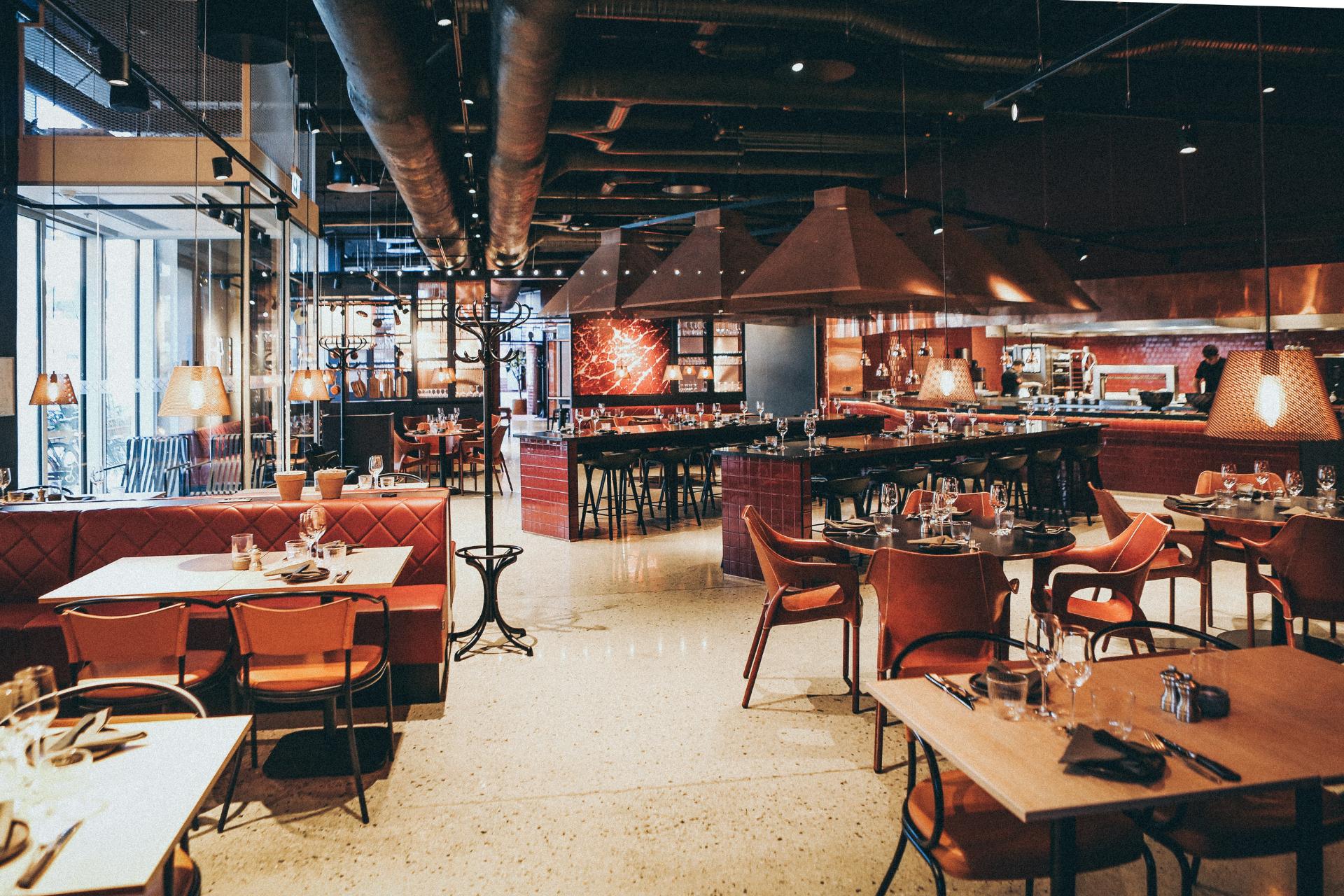
Hotel restaurants are another type of food business that must maintain a high-quality standard. These are restaurants that are integrated into the same building as the hotel, so they can offer room service, but also tend to regular customers.
This type of restaurant has bigger kitchens, that are better equipped, and have more staff to maintain the quality of the service at all times.
It should be able to provide food for walk-in dinners, and special events such as weddings, and also prepare dishes for guests of the hotel.
Advantages and Disadvantages of a Hotel Restaurant
Hotel restaurants have clear disadvantages, as they are expensive to maintain because of the numerous equipment, the numerous personnel, the volume of ingredients and products for the service, and more.
Also, if it is a hotel with a good reputation, the restaurant must have dishes of greater quality, which bring disadvantages similar to those of an haute cuisine or gourmet restaurant.
Another disadvantage is that the flow of customers can vary greatly, for example, in low seasons.
On the other hand, the advantage is that this type of restaurant has a higher flow of dinners, and if it is a hotel famous for its restaurant, the flow is even greater.
They can also have guaranteed profits because of the hotel’s guests, which is a big source of profits during high seasons, especially if they are located in tourist areas.
Fast-Food Restaurants
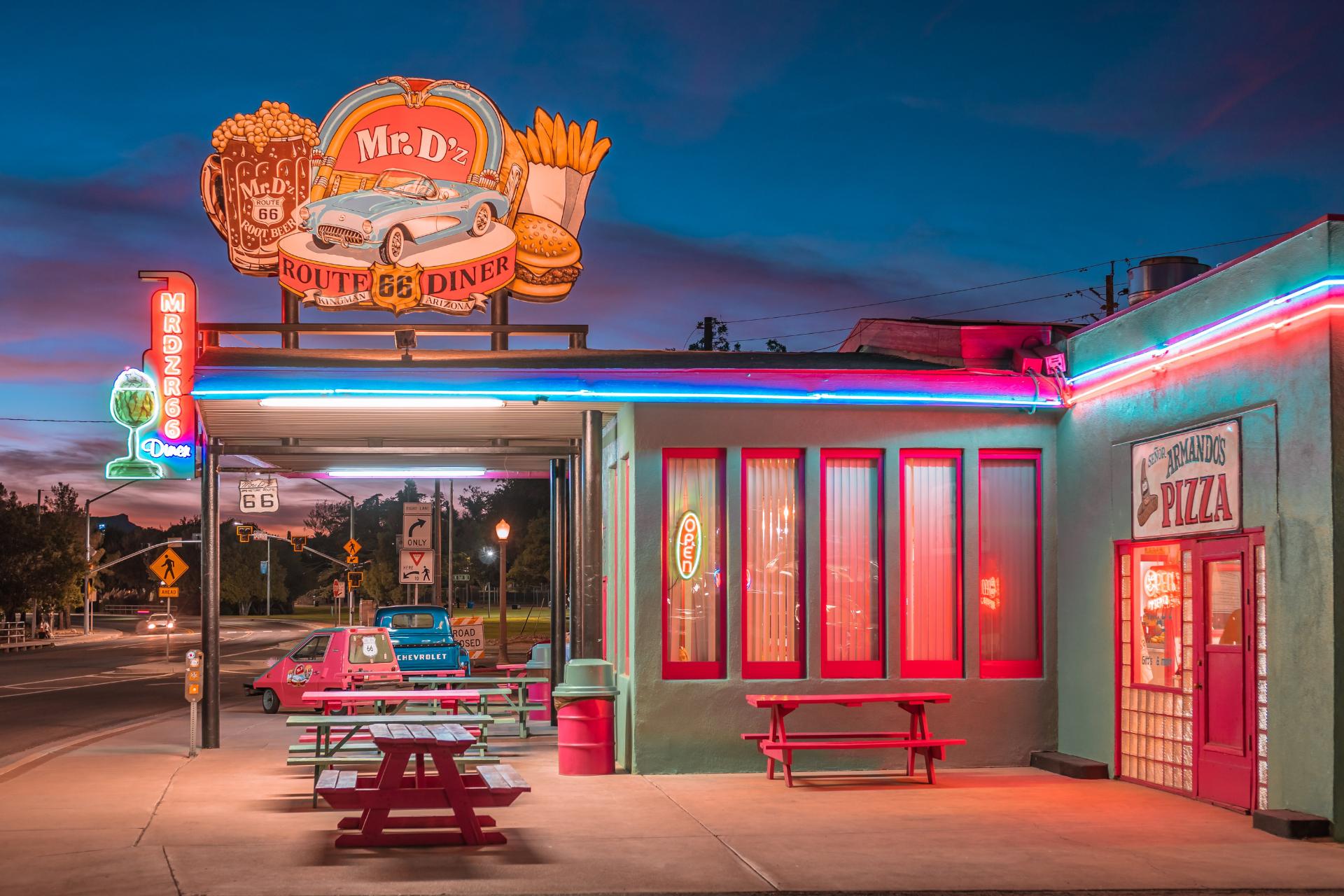
Casual restaurants or fast-food restaurants are very common, and they are relatively simple business models.
They have a reduced menu, based on easy-to-prepare, quick recipes that are also delicious.
They have a bad rep because they prepare comfort food or trash food, but not all of them serve this type of food.
Also, fast food restaurants have reduced staff because the cooking processes are highly standardized and automated.
They’re a famous concept that’s used around the world because it is relatively easy to create chain restaurants or franchises from them.
Advantages and Disadvantages of Fast-Food Restaurants
The disadvantage of a fast-food restaurants is that they are restaurants with lower profits — they usually aim at maximizing the volume of sales, rather than price and profit per dish.
This is a double-edged weapon since the volume of sales depends on many factors, such as the marketing strategy used, the quality of the plates vs. their cost, and the efficiency of the management of the restaurant.
Therefore, it is relatively easy to lose money if you have a poorly managed fast-food restaurant.
On the other hand, if you have a casual restaurant with good management of inventory and costs, you may have a recipe for success.
Also, if the dishes you offer are nice, beautiful, and cheap, the sales will probably be good. Another advantage is that this type of restaurant is scalable, so you can start with less kitchen equipment and staff, and turn your restaurant into a chain or franchise if it’s successful in the long term.
Chain Restaurants
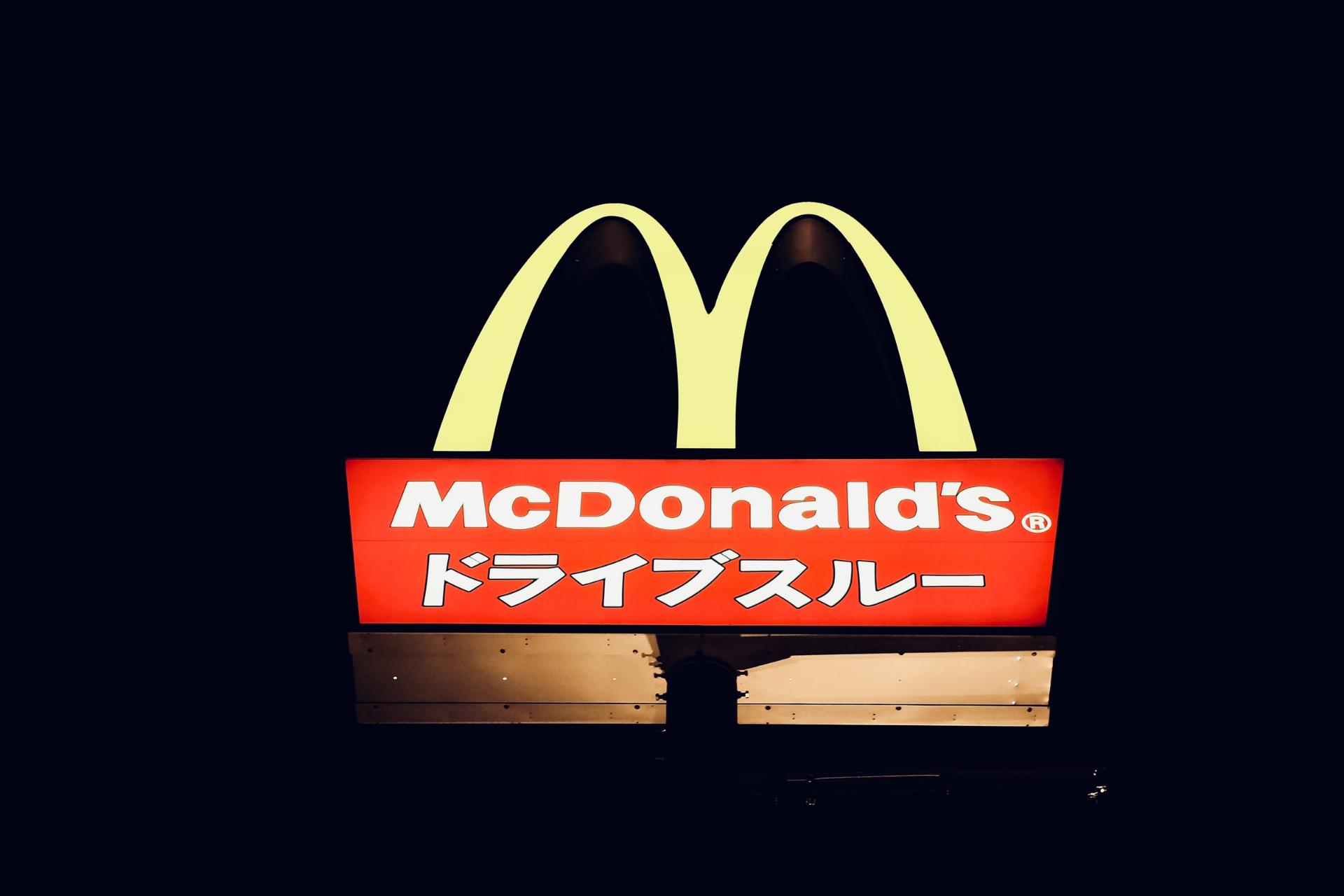
Chain restaurants are “standard restaurants” or franchises. The easiest example is the insanely famous McDonald’s, which is a fast-food restaurant and a franchise.
These types of restaurants exist all over the world and sell all kinds of food, not only comfort or trash food.
You can open a chain restaurant relatively easily and buy the licenses to use the brand and make a standard investment in equipment.
Thus, you only have to ensure that you follow the steps established by the chain to achieve success, which is much easier than creating a restaurant concept and a business plan for your restaurant.
Benefits and Disadvantages of a Franchise Restaurant
The main disadvantage of this type of business is that they don’t leave a lot of space for creativity — if you want to create an original restaurant, concept, and a unique business model, this is not the type of business you want open.
Also, some franchises are very costly0, especially the most successful ones.
On the other hand, the main advantage of chain restaurants is that they are business models that are tried and tested, and they work — so that the potential success is partially guaranteed.
Bar Restaurants
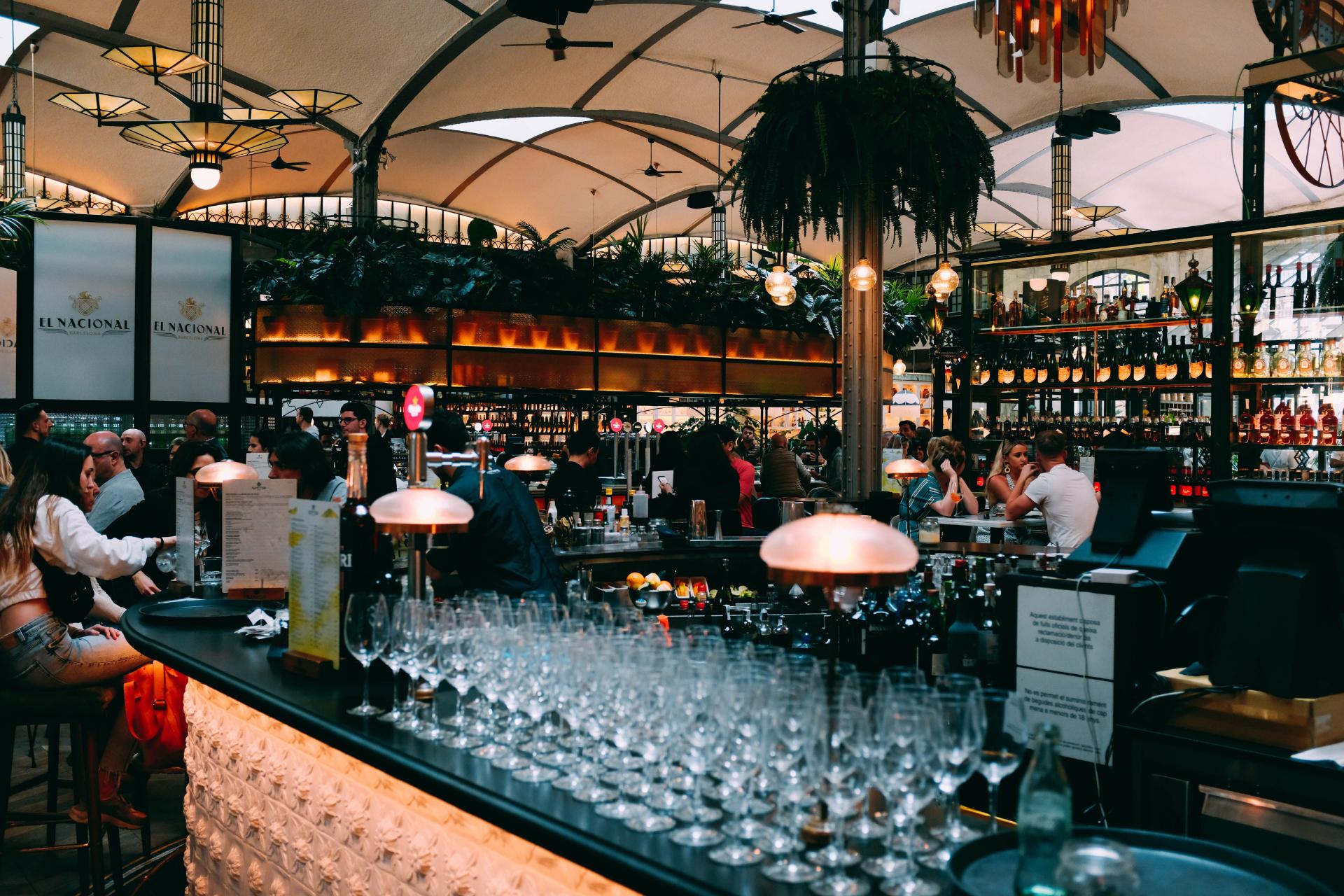
A bar-restaurant is a food business that splits its operation into preparing food and selling alcoholic beverages. It is important to highlight that they’re different from common restaurants where alcoholic beverages are served. Bar restaurants have a more direct approach to selling booze.
These types of restaurants are very successful because they use an almost perfect mix — of alcohol and food.
Normally a bar-restaurant divides the functions of a bar and the functions of a restaurant by 50/50.
So, they have two business models together in one place.
Benefits and Disadvantages of a Bar Restaurant
Deciding whether to open a restobar or a regular restaurant is a complicated decision because it has many disadvantages, but also many advantages.
The most common disadvantages are that they have complex inventories, and you must purchase food and ingredients, but also alcoholic beverages and other ingredients for cocktails.
Also, this type of business requires special permission for restaurants to sell alcohol — which can be different from common restaurants. In some places, common restaurants can sell commercial beer or wines with low alcoholic content without licenses.
However, as this type of business focuses at least 50% on selling alcoholic beverages of different grades, they will require special permissions to operate. Other common disadvantages are that the price of alcoholic beverages is high, that you must deal with intoxicated people, that you must have specialized and relatively large staff for the kitchen and the bar, among others.
However, the benefits are also numerous. A restobar sells food and alcoholic beverages — and those that are very compatible. Therefore, sales and good earnings are guaranteed for this type of business. Also, the cost of the special cocktails and even the dry spirits are very high, which also increases the profit.
This type of business can also benefit a lot from the different seasons, from the abundant tourists, and the exceptional locations, for example if they are close to a beach.
Buffets
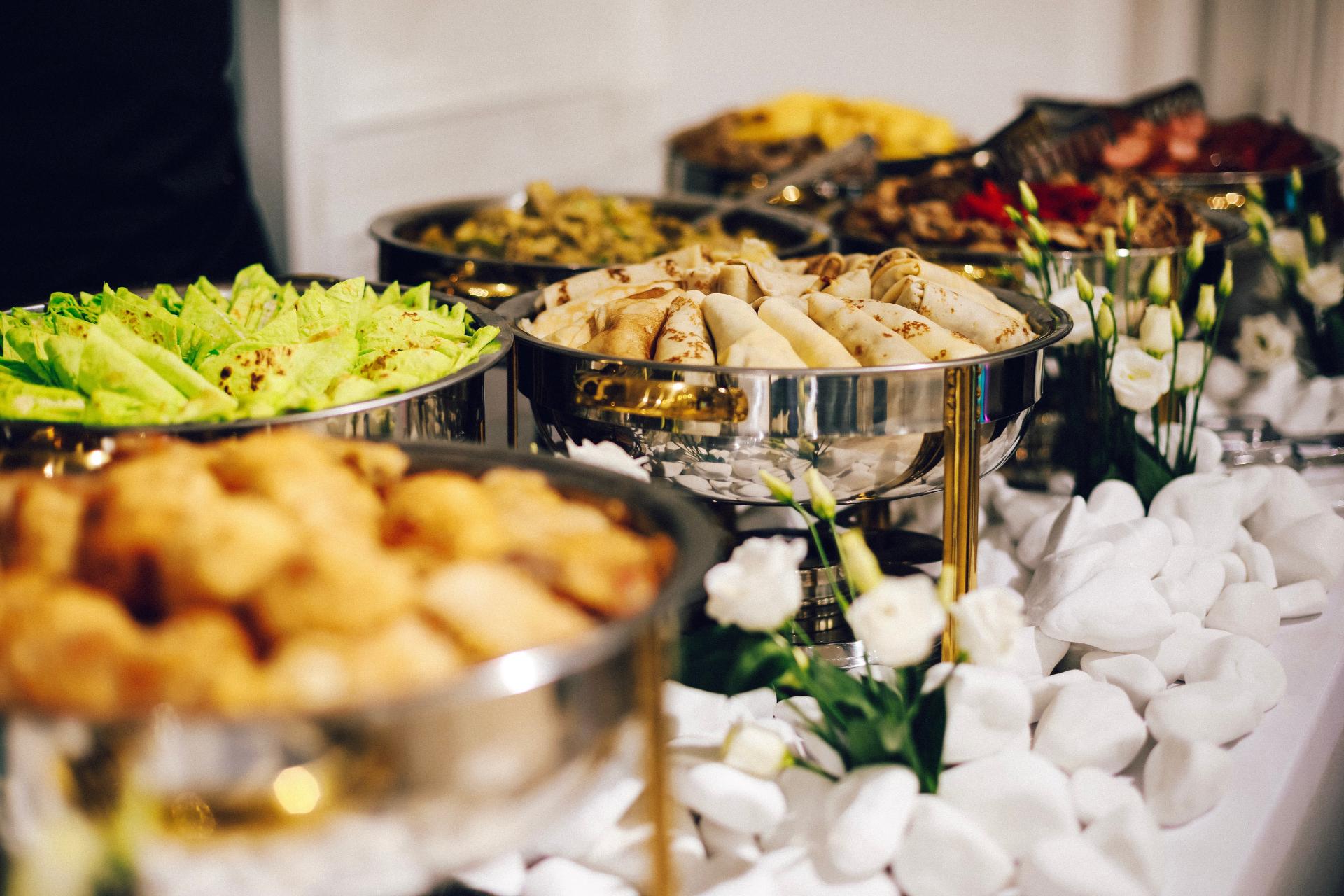
Buffet restaurants have a business model that’s different from traditional restaurants.
In a buffet, each person puts on their plate what they want and can choose between different preparations, and then the staff adds up the total cost based on the cost per preparation or per weight.
This type of business is self-service, as it does not require an employee to serve the food or deliver food to the tables — the customer is in charge of both steps.
This reduces the staff of this type of restaurant.
Benefits and Disadvantages of Buffets
The disadvantages of this type of restaurant are specific — they can generate losses, they can waste too much food, and they are not as popular as common restaurants.
It can also generate less profit, especially since the cost of food is lower.
The advantages are not many, but they are great.
For example, the buffets do not need FOH staff, they only require cooking staff, and a person responsible for calculating the cost of each plate.
Also, you can have staff with less preparation and simpler plates, which reduces the cost of labor and the cost of ingredients.
Signature Cuisine Restaurants
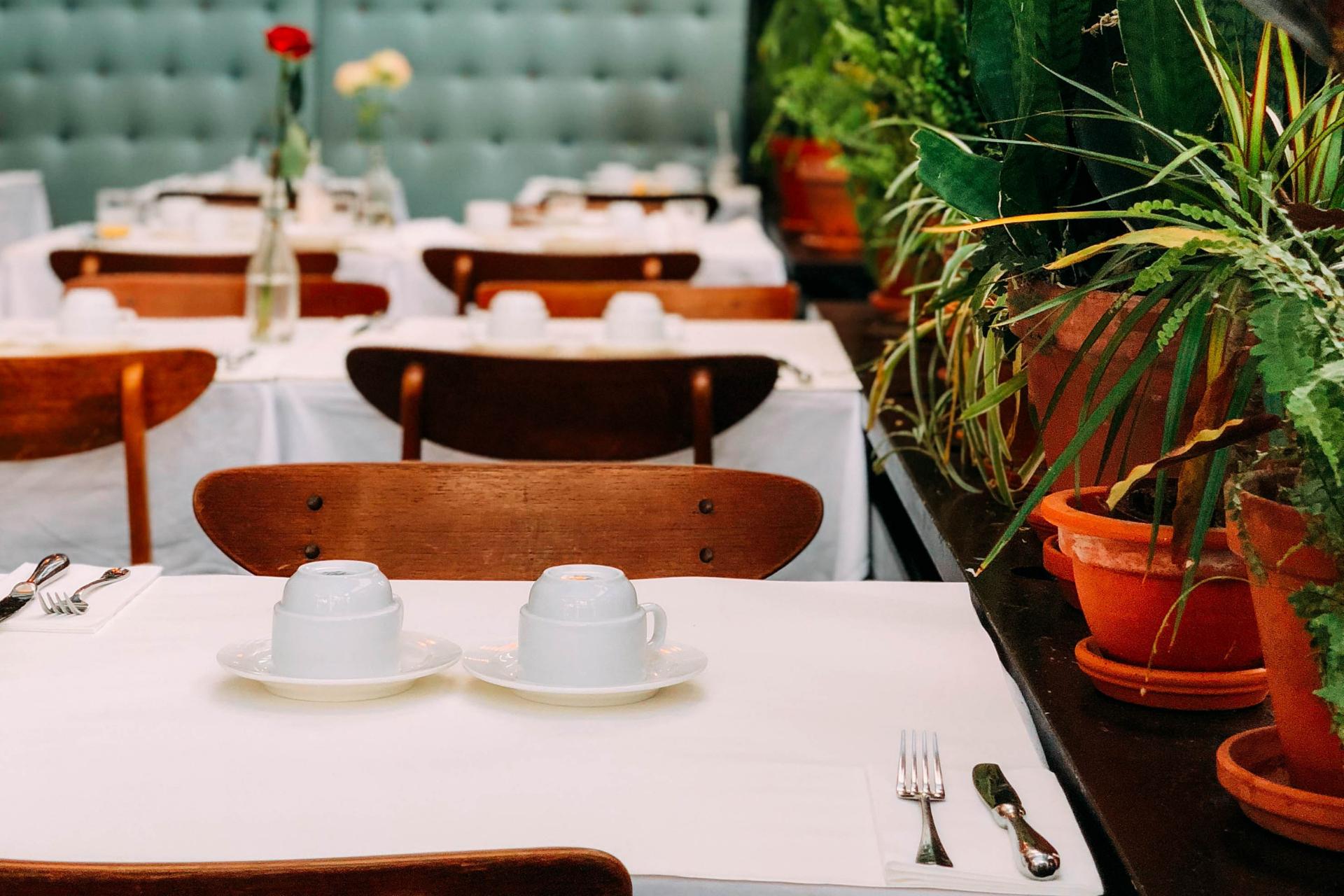
Signature cuisine restaurants are very interesting, since they offer unique culinary experiences, and qualify as passion projects.
They can be high-cuisine restaurants or family restaurants that have an incredible chef.
Plus, the definition of author cuisine is that each plate comes from the creativity of the chef in person and his original culinary proposal.
In recent years, these restaurants have been trending because many famous chefs from different parts of the world have recorded their names in the memories of culinary critics and dinners alike with excellent dishes.
Advantages and Disadvantages of a Signature Restaurant
A signature cuisine restaurant is a magical place where you can create new culinary experiences, but they come with several disadvantages that eliminate all the magic in the business.
For example, these types of restaurants require chefs with a lot of experience, versatility and creativity, and a lot of passion for cooking — all to create an original culinary offer.
This is the biggest difficulty — creating a new dish nowadays is like discovering a new element of the periodic table.
Another difficulty is that this type of restaurant is based on the popularity of the chef, which is a difficult challenge to face. A chef can be wonderful, but it doesn't matter at all if he's not famous enough to create a flow of customers to sustain a restaurant.
These restaurants also have complex inventory management, especially if they have dynamic menus that change every day, week, or month.
Still, signature cuisine restaurants are perfect projects for chefs.
If you're a chef, you'll see the advantage of not depending on someone else to create dishes, play with your culinary creativity, and delight your dinners with the delicious food you've created for them.
Themed Restaurants
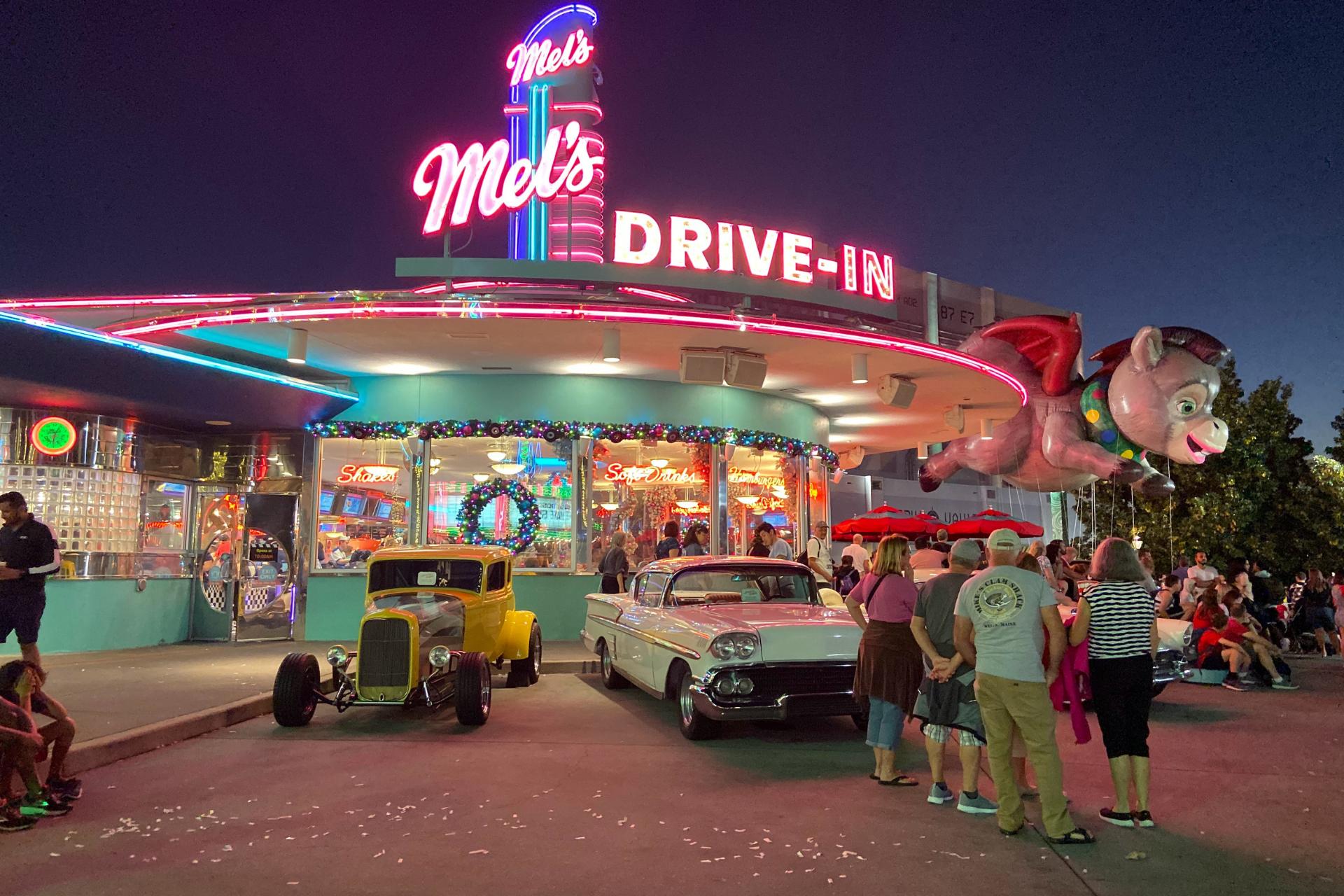
Themed restaurants focus on exploring certain themes of general culture or current pop culture, and trends, such as restaurants based on films, animated series, or even on specific concepts, such as aliens or ninjas.
They are very interesting restaurants that can function like any other, but they have a distinct approach regarding the business concept, marketing, and each of the elements of a food business.
Benefits and Disadvantages of Themed Restaurants
Themed restaurants are very attractive, but they have a very big disadvantage — they can go out of fashion very quickly.
A themed restaurant must have a theme that has been studied and defined before becoming a viable project. In addition, this type of restaurant must have a renovation strategy or a strategy to maintain relevant the concept over time, create new experiences, and play with other details such as the menu, the decoration, the service, and more.
Still, these restaurants can have good advantages as well.
Some of them can become trends and attract many customers in a short time, can retain a stable customer base if it is a famous theme, and can become the only exponent of specific themes if sufficiently original.
Fusion Restaurants
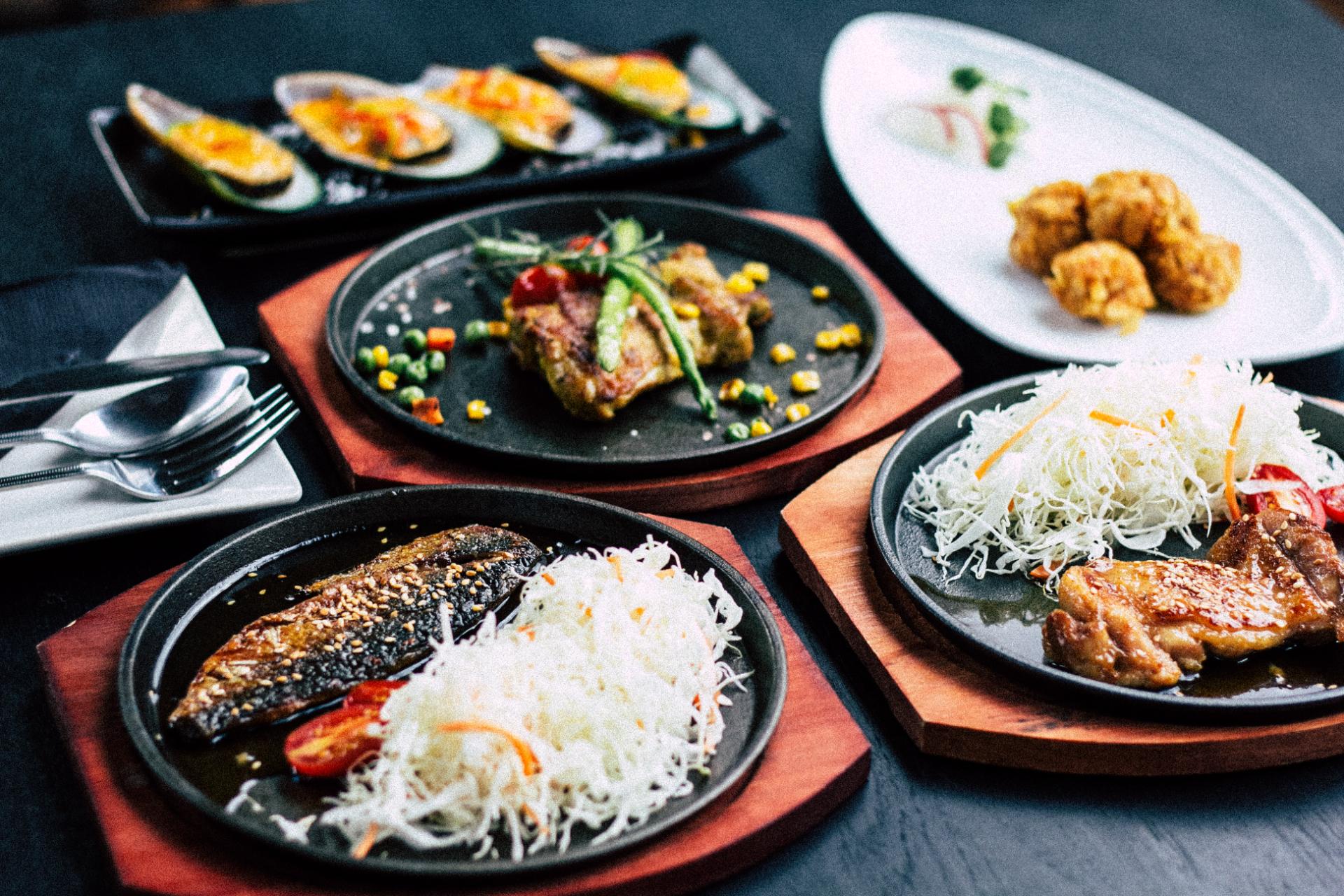
Fusion restaurants have a culinary offer that mixes two or more culinary styles of different cultures or types.
For example, you can have restaurants that mix Japanese food and Hindu food, or Vietnamese food and Mexican food — the combinations are truly endless.
Apart from this detail, fusion restaurants can function as any other restaurant and even classify as another type of restaurant, such as fast food, casual or haute cuisine.
Benefits and Disadvantages of Fusion Restaurants
Fusion restaurants have a great disadvantage — they must be well-defined, tested, and studied before opening. Why?
It is possible that a restaurant sounds like a good idea in theory, but it may fall into practice due to a lack of popularity.
Another disadvantage is that there may be certain limitations concerning specific ingredients. Some ingredients can only be found in the place from which they originate, which can increase the operating costs if you import or buy imported products from special markets.
The advantages of this type of restaurant are that they can use many culinary styles to create original dishes, they can be very famous for being original or having delicious dishes and can attract all kinds of dinners in search of offers novel cuisines.
How Can I Choose the Best Type of Restaurant?

This question is difficult to answer, mainly because there are so many details to consider.
You will have to ask yourself three questions:
What Goals Do You Want to Achieve by Opening a Restaurant?
Do you want to earn money or want to offer delicious dishes at an affordable price? The truth is that with each type of restaurant, you can achieve some goals, but not all of them.
For example, if you want to make money, opening a restaurant bar or fast food is the best option.
But if you want to offer delicious plates at an accessible price, it is better to have a buffet restaurant or a casual family restaurant.
You must define your goals before deciding on a specific business model.
Where Do You Live and What Kind of Restaurant Is Most Famous in Your Region?

To answer this question, you will need to study the different restaurants you can find in your locality. It is very important to know the competition if your business is viable and more related to the following question.
Is There a Market for the Type of Restaurant You Want to Open?
Do you want to open an haute cuisine restaurant in a small town in the interior of your country? That might not be a good idea! Why?
Before opening a restaurant, you must estimate the possibility of success and the potential of a restaurant by studying the local market.
If the type of restaurant you want to open doesn’t have a real public in your locality, you will lose all your investment and won’t generate a single penny!
Choosing the perfect type of restaurant is a difficult task — there are many variables to consider. You must study as many variables as possible to be able to make an investment that bears fruit.
If you answer those questions correctly, you’ll be able to create a business plan for your restaurant and start setting the building blocks for a very successful business.
